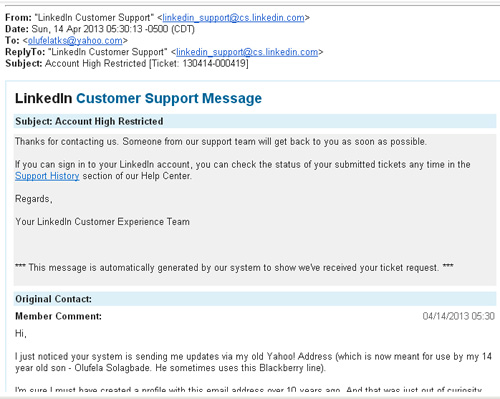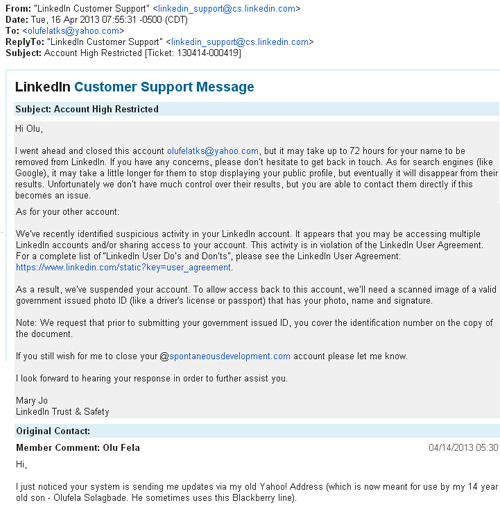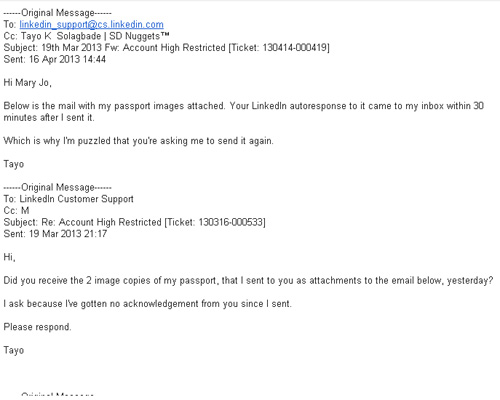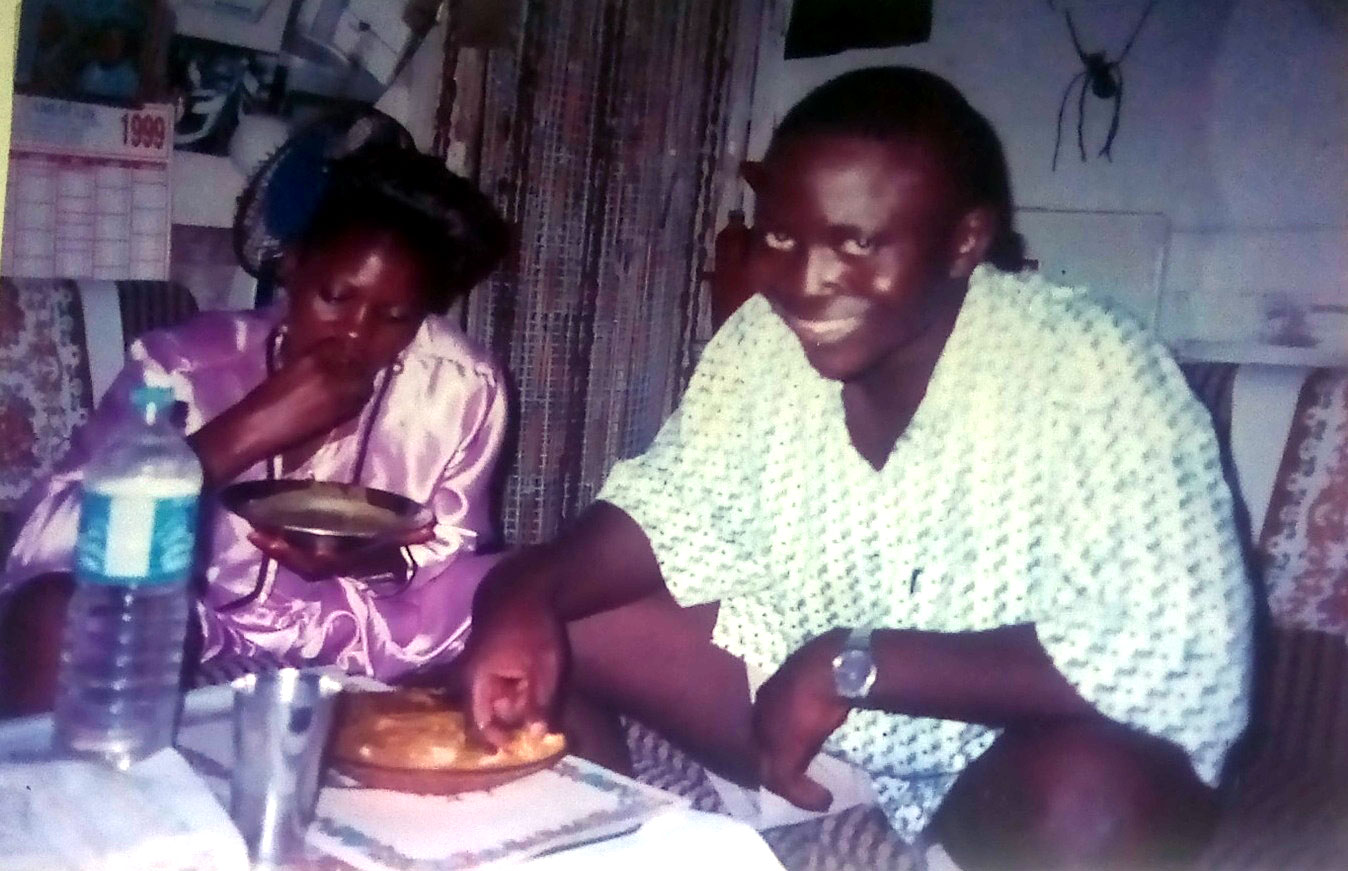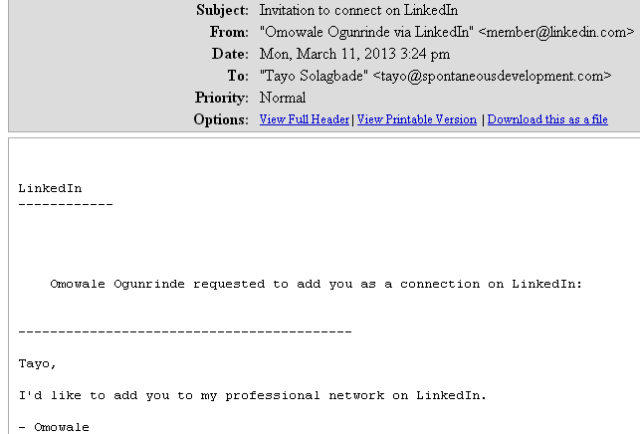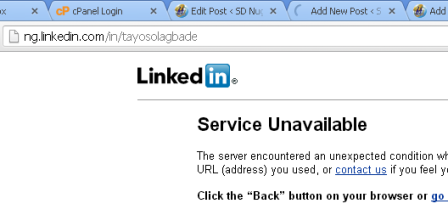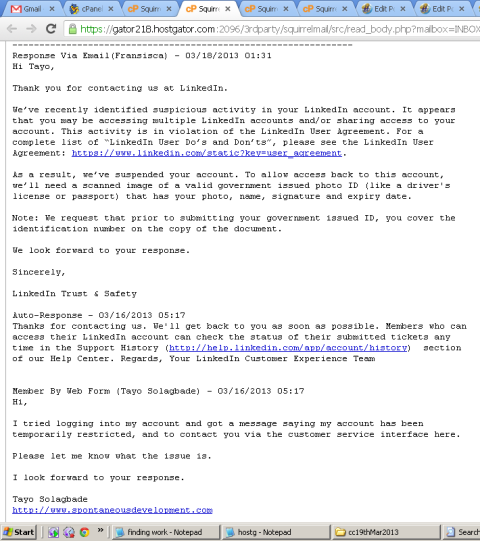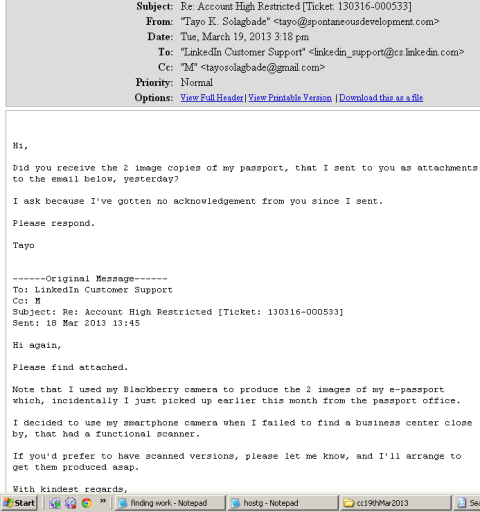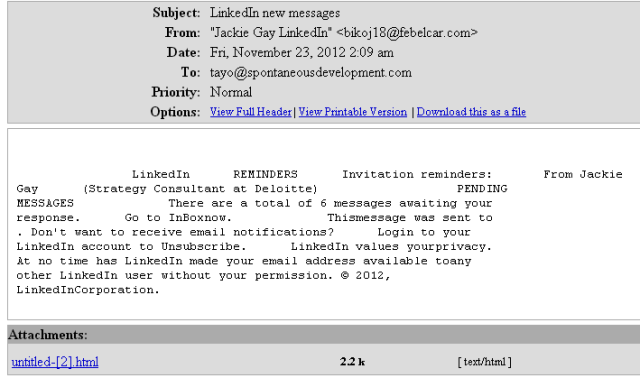Think about it, and you’ll realize it’s true. Anytime human beings have to demonstrate a learned skill before others, they often put in more effort than they normally would, if they had only themselves to account to.
This is why coaches and performance consultants often recommend announcing your goals. It makes you accountable to others outside of yourself. When tempted to quit, you think “Oh, what if XYZ asks how far I’ve gone?” – and you decide to keep at it!
This concept can help you achieve any goal you’re struggling with. I offer 3 examples:
1. Learning ANY Language
I’ve noticed many people struggle to achieve functional proficiency in their chosen foreign languages. Years after spending good money to attend intensive training courses, they face this challenge.
This happens not because they lack interest, but because they lack motivation to improve themselves. It can be quite difficult to keep doing something, if you’re unable to find others who share similar interests to rub minds with or exchange ideas.
For this reason, those who tend to make faster progress with learning a language, are often those exposed to environments in which their preferred language is spoken.
Consider a person who travels to a French speaking community and is forced to communicate with locals in that environment. He is likely to come away – after one month – better off than someone listening to tapes and videos only.
Why? Because active learning beats passive learning any day. The former is more spontaneous and keeps you on your toes with the variety that’s thrown at you.
There’s nothing quite like having to respond to impromptu enquiries from total strangers. Or having to ask directions from someone who’s struggling to understand your mangled version of her language!
By the time you go through that process many times over, you’ll find that bells of improved comprehension periodically ring in your head, as you make progress.
The above explains why, if you choose to teach what you know to others not as proficient as you are, your competence is bound to improve – be it in speaking, reading or writing!
2. Academic Learning at ANY Level
It’s the same with academics. Back in the university, people who scored high in some subjects often did so by teaching what they knew to others. In the process they gained greater insights into it. And that gave them a competitive edge in tests and exams.
Even in secondary school it was the same thing. Interestingly, we took exams which tested our knowledge in certain areas without necessarily covering the entire syllabus. In my case I was to confront my demons six years later, when I went on my one year of post-university graduation National Youth Service.
I found myself engaged in teaching Mathematics (which I’d scored a distinction in during the general certification exams) at a secondary school . However certain topics – like Bases – had always stumped me. So, when I discovered I had to teach Bases to final year students preparing for the certification exams, I was forced to pick up a textbook and re-learn it thoroughly. I did not want to look clueless before the students!
Guess what? 20 years later, that experience has proved useful in coaching my kids on the same topic/subject! When you teach, you ALWAYS end up better than you were before that opportunity came your way.
3. Coaching Kids (& Employees) to Learn Faster & Remember More
It’s amazing to see how children, if properly coached, instinctively develop smarter methods of doing things than what they are taught.
My kids are always encouraged to form the habit of teaching one another whatever they learn. Today they’ve established a culture of sharing with one another. Each has one or more unique abilities. Many times I get home and I see one showing the other how to do what s/he does better.
As a parent, it goes without saying that if you have more than one kid, and you also work (or run a business), it could take a while to teach the same things to each child. A smarter approach is to use what I call Multi-Dimensional Peer Pressure (MDPP) ™.
This same principle works perfectly for coaching employees in the workplace. I know, because I applied it successfully during my time in paid employment. In fact, I conceived MDPP™ by reflecting on my experiences and achievements during that period.
(MDPP)™ basically involves teaching one person you think has the capacity to quickly grasp what you want to pass across. Then get that person, once proven competent, to do the same for others.
All you then have to do is periodically check with him/her to confirm he has done (or is doing) the teaching. You also want to touch base with those learning from him/her to verify (possibly via spontaneous verbal or practical assessment – which may be formal or informal) that they’ve gained the required proficiency.
At a point, the entire process becomes self-sustaining, because everyone involved knows what’s to happen, and actively prepares for it.
Why It Works So Well
Teaching others what you’re learning helps you re-visit it with a more inquisitive mindset, to ensure those you teach understand you. That’s what makes you come away with a better understanding of the subject.
Another benefit is that when you get those you teach to improve their understanding by teaching others, you save time, effort (and possibly money) in getting them competent. But even more importantly, you are able to do this for MORE people than would have been possible if you chose to do it alone.
I use this strategy a lot, and it works so well – enabling me avoid getting overwhelmed by requests for my attention. I refer here mostly to informal interactions I have with others – including my kids.
Once I know I’ve taught one or more others how to do a particular thing, I simply refer others who come to me, to such individuals. The only exception is when it’s a paid service I offer. This helps me stay focussed on my priorities.
Of course not everything can be taught in this manner. But quite often, for kids or young people, and in many cases adults as well, many things to be taught can be so handled.
Make yourself more successful in teaching others, by setting up a system where your students are required to take turns to teach aspects of the subject to others. It’s a powerful strategy for getting their serious attention and interest.
It forces them to pay attention to what you say and/or write, and to study it with zeal afterwards – in anticipation that they might have to come before others to talk about it. Get it?
Final Words: I Practice What I Preach (Some Useful Resources)
I offer more ideas about practical strategies you can employ to learn any language in my Proven 5 Step Formula for Learning ANY Language e-book. It’s based on my personal experiences learning to read, write and speak French back in 1999.
I practice what I preach i.e. teaching to improve my comprehension of what I’m learning. For instance, right now, I’m typing these words from my room in Calavi, Benin Republic where – in collaboration with 6 French speaking students of the university – I’ve produced audio and video components for Part 1 of my Quick & Dirty Workbook based Text Guide for English/French learners.
J’apprendre encore! (i.e. I continue to learn)…and producing my new guide for beginners has greatly enhanced my knowledge of the subject. It’s gotten me to form great friendships, alliances and client relationships within less than 3 weeks in a NEW country!
There’s no better proof that this concept works, than that!
You and your kids can become more successful learners from today, by putting it to use.





